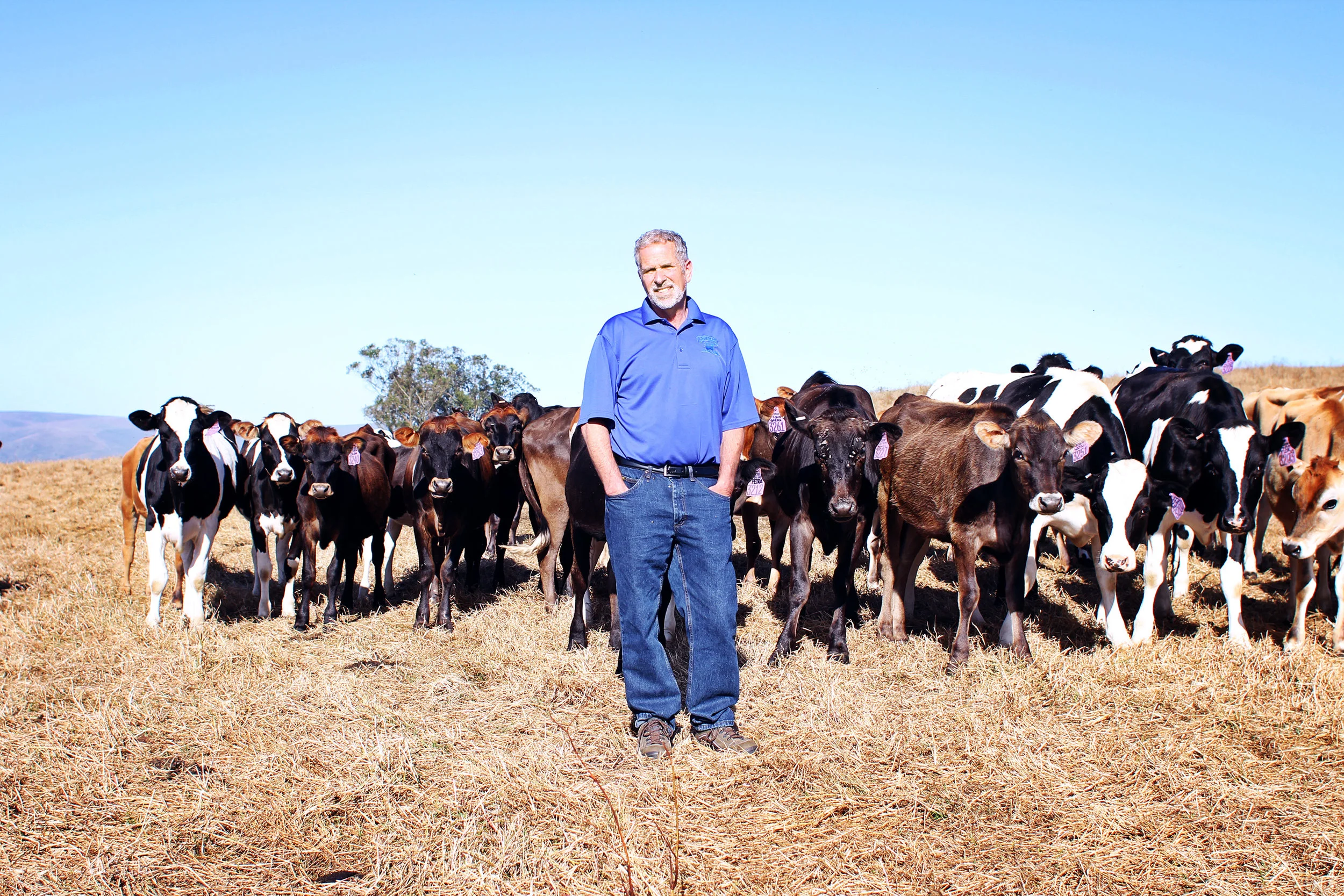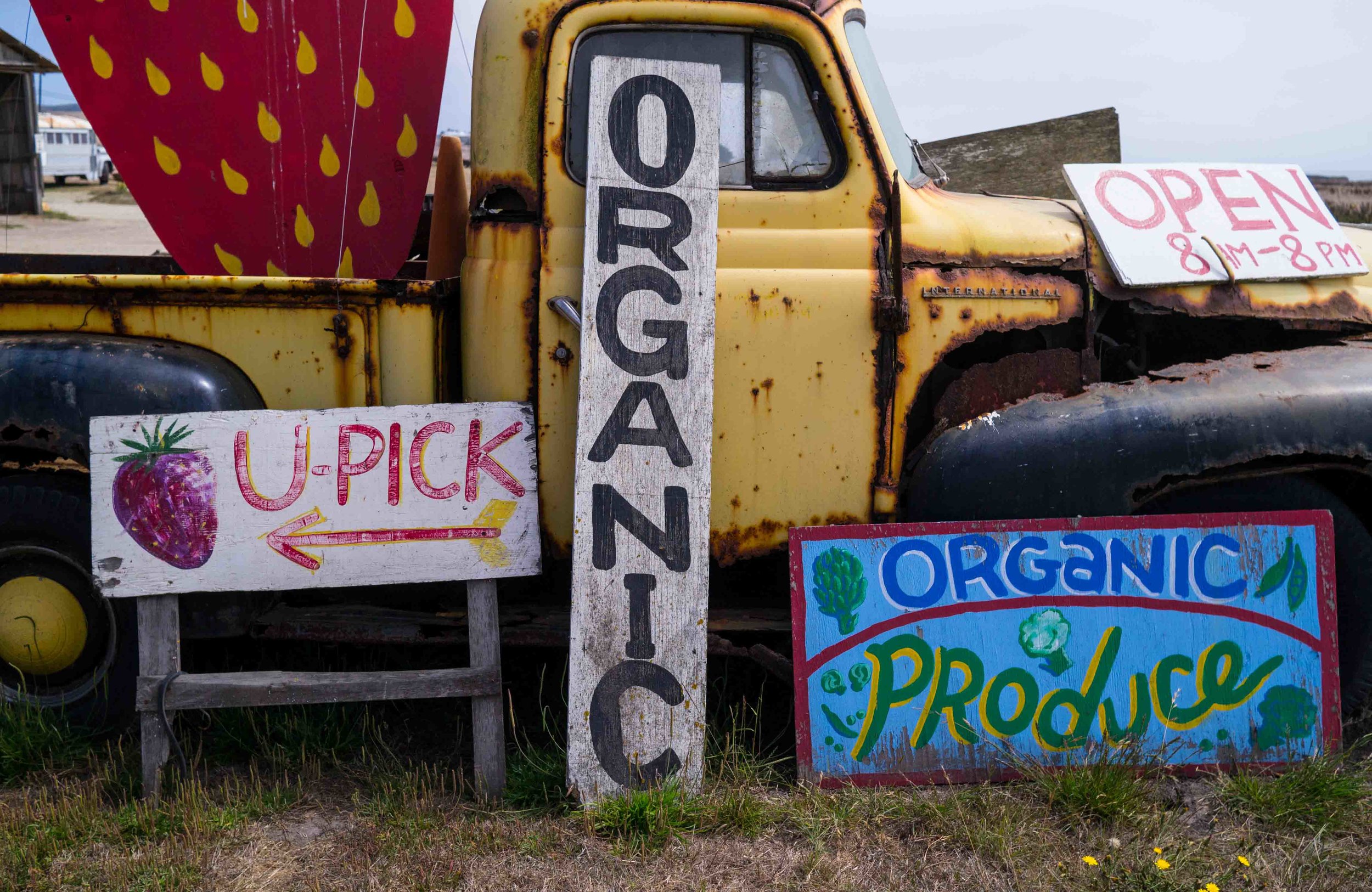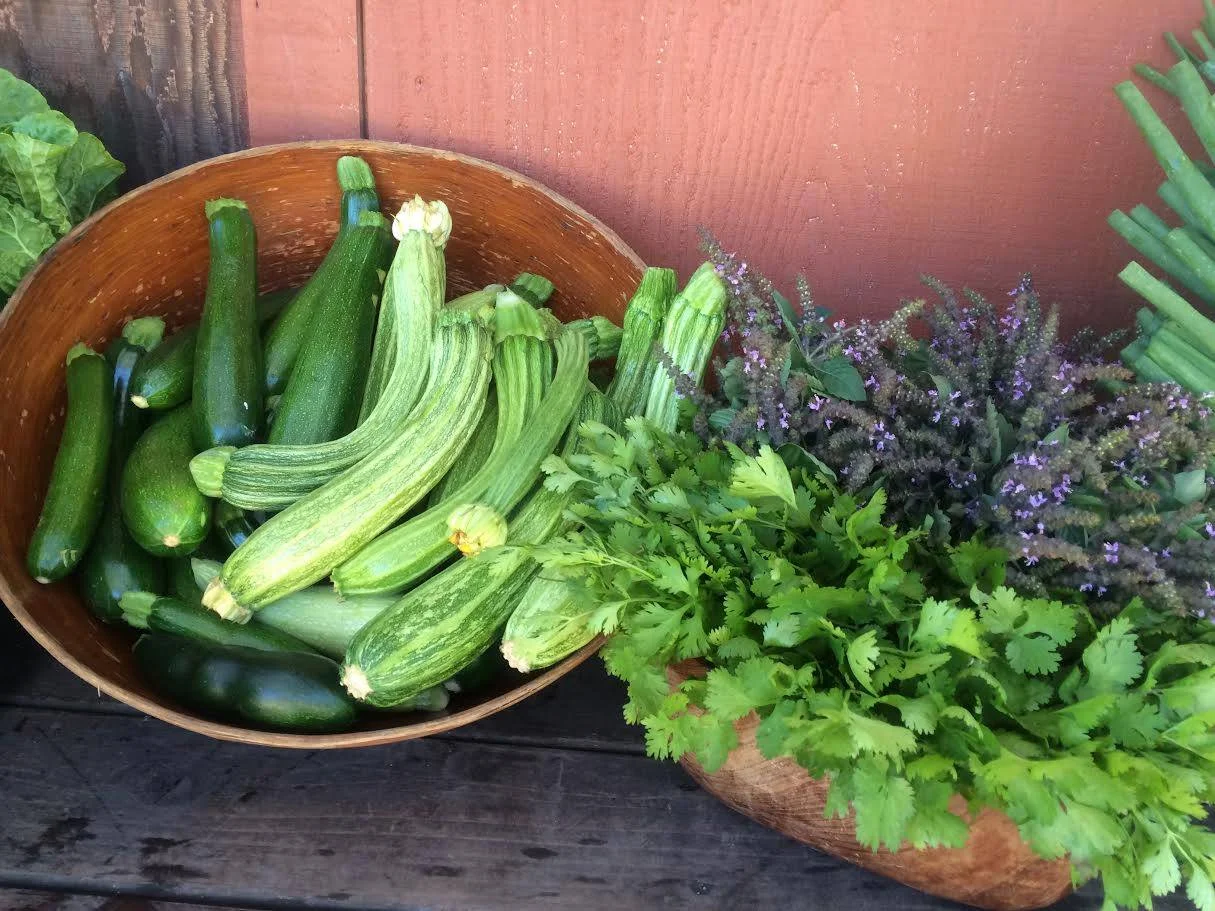Severine von Tscharner Fleming is a part-time farmer, activist, and organizer based in the Champlain Valley of New York. She is director of Greenhorns, a grassroots organization with the mission to recruit, promote and support the rising generation of new farmers in America. Severine has spent the last seven years gathering, bundling and broadcasting the voices and vision of young agrarians. Greenhorns runs a weekly radio show on Heritage Radio Network and a popular blog. They produce many kinds of media, from documentary films to almanacs, anthologies, mix-tapes, posters, guidebooks and digital maps. They are best known the documentary film, “The Greenhorns” and the raucous young farmer mixers they've thrown in 37 states and 14 grange halls. Severine is co-founder and board secretary of Farm Hack, an online, open-source platform for appropriate and affordable farm tools and technologies , as well as National Young Farmers Coalition which now boasts 23 state and regional coalitions. She serves on the board of the Schumacher Center for New Economics, which hosts Agrarian Trust, her latest startup, focused on land access for beginning farmers, and permanent protection of affordable organic farmland. Severine attended Pomona College and University of California at Berkeley, where she graduated with a B.S. in Conservation/ Agroecology. In this episode, Severine talks with Devon about young farmers, emerging models for food and land sovereignty, and building a commons for the future of farming.
39: Albert Straus of Straus Family Creamery on building a sustainable, organic food system and revitalizing rural communities.
34: Kristyn Leach of Namu Farm on finding roots and community through plants, adapting Korean vegetables to California, and figuring out farming without fossil fuels
Kristyn Leach runs Namu Farm at the Sunol AgPark east of the San Francisco Bay. She grows vegetables for San Francisco restaurant Namu Gaji and seeds for the Kitazawa Seed Company. Kristyn grows both traditional and whimsical produce, focusing on Korean varieties and using organic, biodynamic, and permaculture practices without any fossil fuels. She discovered the foods of her Korean heritage further on in her life, as she was adopted as an infant and grew up in New York, where she later became a part of the urban gardening movement. Her fascination with shiso led her back to her roots and connected her with her Korean roots. In this episode, Devon talks with Kristyn about finding roots and community through plants, adapting Korean vegetables to California, and figuring out farming without fossil fuels.
32: Jim Cochran of Swanton Berry Farm on working with the United Farm Workers and growing organic when everyone says it’s impossible
DR Special #1: Kathleen, Trainee at the Homeless Garden Project
In this special episode of Delicious Revolution, Chelsea speaks with Kathleen, a trainee at the Homeless Garden Project, about her experience. This episode is a companion to episode #30, our interview with Darrie Ganzhorn, the director of the Homeless Garden Project.
30: Darrie Ganzhorn on the Homeless Garden Project and why an organic farm is a great place for people find the tools they need to build a home in the world
Darrie Ganzhorn is the executive director of the Homeless Garden Project, a 3-acre organic farm and garden in Santa Cruz, California where, as the mission statement reads, “people find the tools they need to build a home in the world.”
21: Heidi Hermann on the multiple livelihood strategies of a farmer and educator, and harvesting seaweed at the edge of the continent
Heidi Hermann started Strong Arm Farm in 2009, originally with a focus on vegetables, and now offering an ever-expanding selection of specialty crops, including wildcrafted seaweed from the Sonoma coast. Heidi is also a Sustainable Agriculture Instructor at Santa Rosa Junior College, at their renowned Shone Farm facility. She has an Ornamental Horticulture degree from Cal Poly University, with emphasis in pest management and nursery production, and a Master’s from Sonoma State University, where her thesis was on Experiential Agriculture Education. Running Strong Arm Farm is truly a ‘practice what you preach’ example. Heidi is a strong-armed woman producing an array of beautiful and nutrient-dense delectables. In this episode, Heidi talks to Chelsea about the multiple livelihood strategies of a farmer and educator, and harvesting seaweed under the full moon.
13: Molly Willson and Zack Hemstreet of Bullock Lake Farm on becoming farmers, diversity as a farming strategy, and the potential of farms to bring community together.
Molly Willson and Zack Hemstreet run Bullock Lake Farm on Salt Spring Island, British Colombia, where they grow organic produce, flowers, and pastured livestock. From heirloom apples to bouquets to a new barn that will double as a music venue, they take a diverse approach farming. They sell at local farmers markets, grocery stores, and a very popular Community Supported Agriculture program. Molly and Zack speak with Chelsea about how they became farmers, diverse income strategies on a family farm, and the potential of farms to bring community together.
7: Joey Smith on young people farming, growing strange vegetables, and a proposal for ending hunger
Joey Smith runs Let’s Go Farm in Santa Rosa, California, on the land where he grew up. For the last five years, he has grown a very wide variety of vegetables bound for a Community Supported Agriculture and for the Windsor Farmers Market. Joey also works and teaches hands-on vegetable farming at Shone Farm, which belongs to Santa Rosa Junior College, a community college here in Sonoma County. Joey, like Devon, is an alum of UC Santa Cruz and of Food First’s internship program. In this episode, Devon and Joey talk about young people farming, growing unusual vegetables, a strategy for ending hunger in Sonoma County, and the farmers - one down the street and one in rural Costa Rica - that have inspired Joey.
5: Kati Greaney and Pete Rasmussen on farming, solidarity, and Cuba's agroecology movement
In this episode, Chelsea interviews husband and wife team Kati Greaney and Pete Rasmussen about their collaborations in farming, activism, and filmmaking. Kati is a photographer, filmmaker, and educator who has for the last ten years worked internationally creating documentary photography and film about farmers and farmers movements. She holds a MA from the Social Documentation program a at UC Santa Cruz. Most recently she directed and produced Los Guajiros, a film that follows two young Haitian agronomists, exploring Cuba's world-renowned agricultural model. Pete is a farmer and educator who founded Sandhill Farms in the Wasatch Mountains in Utah. There he grows over 30 varieties of rare, gourmet, heirloom garlic from around the world. Pete worked for the Community Agroecology Network where he organized and led farmer exchanges from Latin America to the US, and planned student trips to farming communities throughout Latin America.
1: Caiti Hachmyer on rural gentrification, the contradictory economics of farming, and no-till at a human scale,
Caiti Hachmyer runs Red H Farm in Sebastapol, California, growing vegetables for the Sebastapol farmers market and a community supported agriculture program. She is also a researcher and food systems activist. Her research has taken her into the strategies and politics of land tenure for urban farming, and the workings of the world bank. She is the author of the 12th edition of Alternatives to the Peace Corps from Food First Books, as well as many articles on farming on the Farmers Guild website. She holds an MA in urban planning from Tuffs, and she has worked as a researcher and organizer for Food First and the Community Alliance with Family Farmers.
Devon talks with Caiti about farming in Sonoma County, the tension between a thriving market for artisanal food and a high cost of living, Caiti’s experiments with dry-farming and no-till at a human scale, and more.
Links:
Caiti on Women Farmers on the Farmers’ Guild site
Caiti on The How and Why of No-Till



